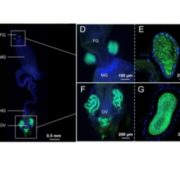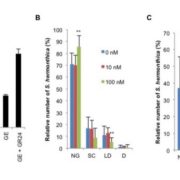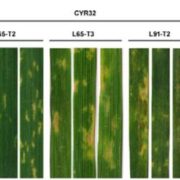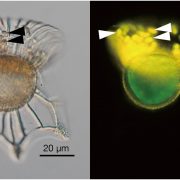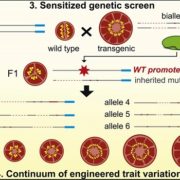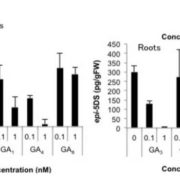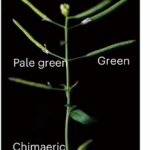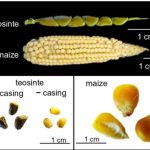eINTACT – An effective system for isolating effector-recipient cells in plant tissues
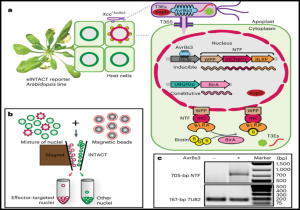 Bacteria can cause plant diseases by secreting small molecules called effectors. Studies of these effectors on host plants mostly have not accounted for the cellular complexity of plant tissues. The difficulty of detecting and isolating effector-recipient cells means that scientists mostly use bulk-infected host tissues or transgenic expression of effector genes to study the functions of bacterial effectors. These methods become limited in cases where the effector functions are dose-dependent, cell-specific, and/or change based on spatiotemporal distribution. In this study, Yuan et al. introduce a technique that allows the purification of nuclei from Arabidopsis plant cells that have received Xanthomonas bacteria effectors. This technique, called eINTACT (effector-inducible isolation of nuclei tagged in specific cell types), uses a bacterial effector to activate transcription of a nuclear envelope-targeting protein (NTF), which tags effector-recipient nuclei for easy purification. You et al. used eINTACT to study the effect of a Xanthomonas effector protein (XopD) on the dynamics of host gene expression and hormone signalling. The eINTACT system provides a unique opportunity to improve our understanding of the in planta functions of effectors from numerous gram-negative plant bacteria in native infection contexts. (Summary by Abdulkabir Omeiza Abdulmalik @Omeiza_PlantDoc) Nature Plants 10.1038/s41477-022-01302-y
Bacteria can cause plant diseases by secreting small molecules called effectors. Studies of these effectors on host plants mostly have not accounted for the cellular complexity of plant tissues. The difficulty of detecting and isolating effector-recipient cells means that scientists mostly use bulk-infected host tissues or transgenic expression of effector genes to study the functions of bacterial effectors. These methods become limited in cases where the effector functions are dose-dependent, cell-specific, and/or change based on spatiotemporal distribution. In this study, Yuan et al. introduce a technique that allows the purification of nuclei from Arabidopsis plant cells that have received Xanthomonas bacteria effectors. This technique, called eINTACT (effector-inducible isolation of nuclei tagged in specific cell types), uses a bacterial effector to activate transcription of a nuclear envelope-targeting protein (NTF), which tags effector-recipient nuclei for easy purification. You et al. used eINTACT to study the effect of a Xanthomonas effector protein (XopD) on the dynamics of host gene expression and hormone signalling. The eINTACT system provides a unique opportunity to improve our understanding of the in planta functions of effectors from numerous gram-negative plant bacteria in native infection contexts. (Summary by Abdulkabir Omeiza Abdulmalik @Omeiza_PlantDoc) Nature Plants 10.1038/s41477-022-01302-y


